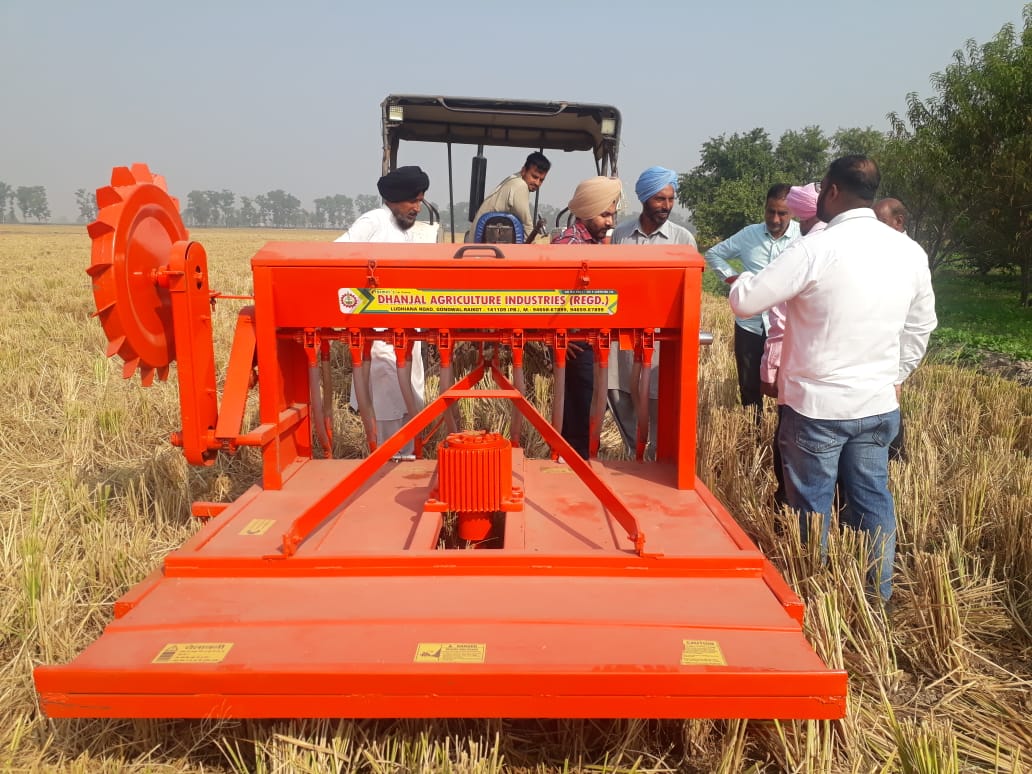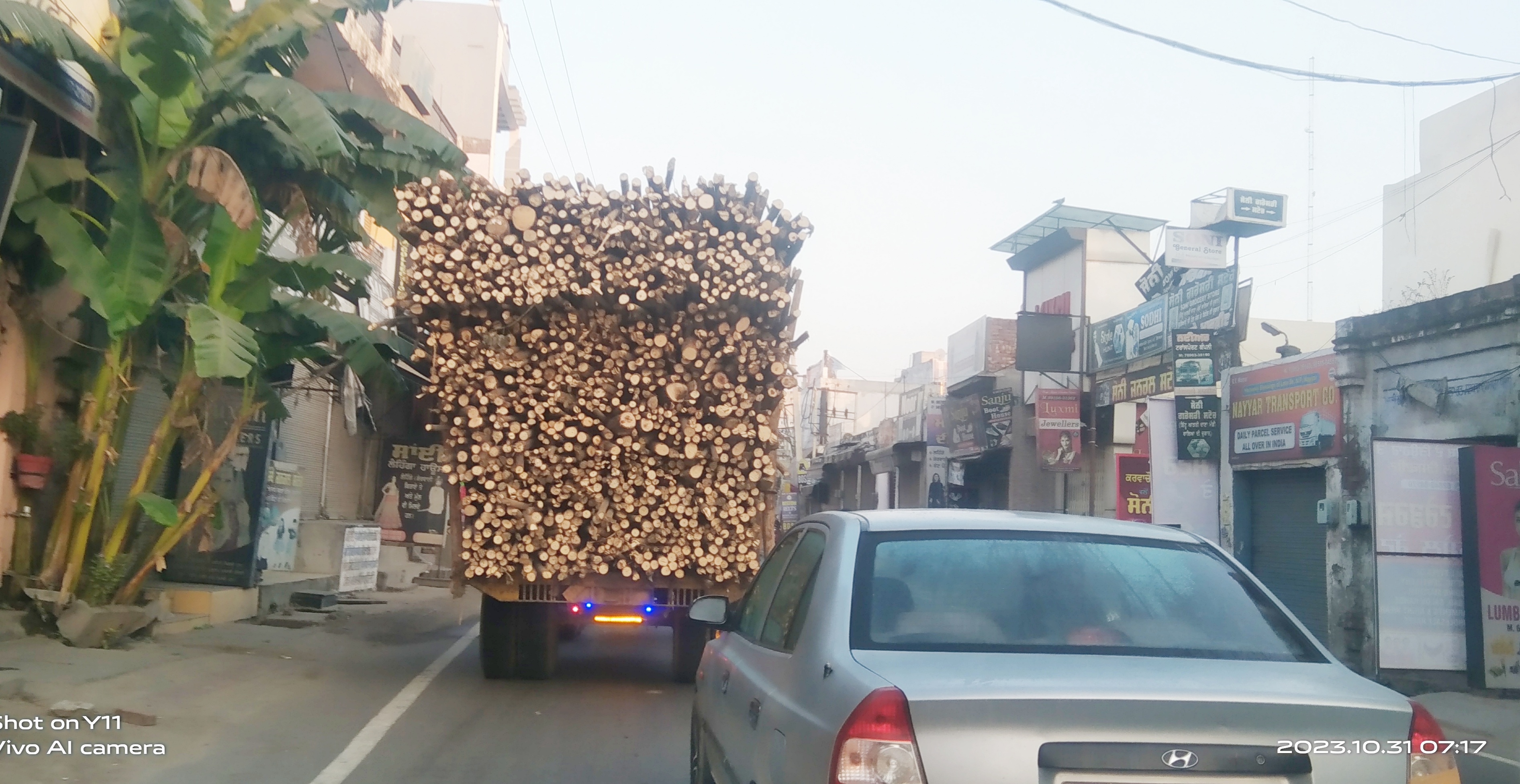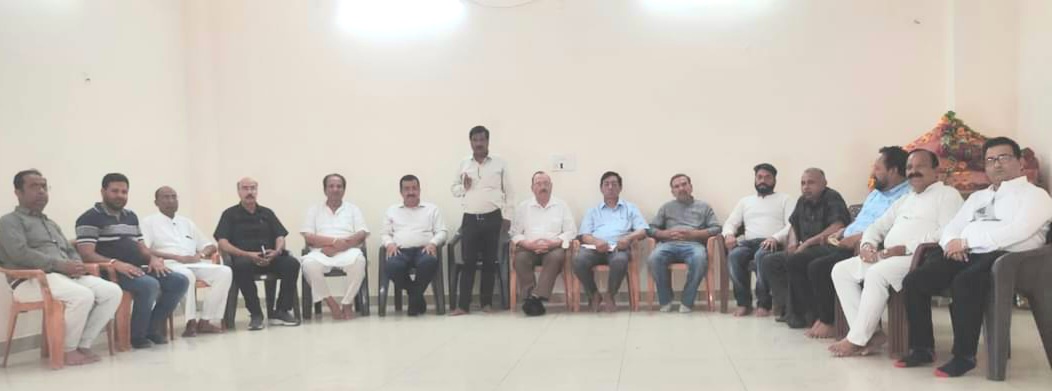
Protection of the right to freedom of expression and protest
The right to freedom of expression and peaceful protest is one of the most important and cherished rights in a democracy, enshrined in constitutions around the world. In India, this right is enshrined in Article 19 of the Constitution, which guarantees the right to freedom of speech and expression and the right to assemble peacefully without arms.
The right to freedom of expression and peaceful protest is one of the most important and cherished rights in a democracy, enshrined in constitutions around the world. In India, this right is enshrined in Article 19 of the Constitution, which guarantees the right to freedom of speech and expression and the right to assemble peacefully without arms.
When citizens are not heard, they express their concerns through expression and protest. These rights act as pressure dollars in a democracy, giving them the ability to articulate dissent and address grievances.
Protests are not unfounded. They are the result of unheard grievances, systemic errors or wrong policies. For farmers, protests are often at the risk of their lives, traditions and survival. These people do not leave their fields and homes lightly. Coming together in protest is an expression of desperation.
When farmers protest, it is not just an economic issue, but a matter of life and death. Their demands, which are linked to the harsh realities of their lives, are often presented with the help of logic.
Listening is the basis of every dialogue in a democracy. It is a moral obligation. Listening is recognizing that the voice of every citizen matters. Farmers, who are the providers of our food, occupy a distinct and important place in our society, contributing about 18% to the country’s GDP and employing over 40% of the people.
To understand the reason for the farmers’ protest, we have to think beyond the surface. They are pushing for a guaranteed minimum support price for 23 major crops to ensure fair and consistent prices, independent of market fluctuations. They argue that a stable, predictable MSP will protect their livelihoods and allow them to meet production costs. To address the shortcomings of the current system, farmers are demanding a formula-based approach to determining the minimum support price, which takes into account the actual cost of production, inflation, and market conditions. This will replace the annual discretionary-based method, ensuring that the MSP reflects the real value of the crops.
The disparity in MSP rates between regions further compounds the issue. While farmers in Punjab and Haryana get higher MSP rates for wheat and rice, these prices still fall below the cost of production, leaving them financially stressed. On the other hand, farmers in states like Uttar Pradesh and Madhya Pradesh are facing a minimum support price hike, which has exacerbated their financial woes. In Punjab, excessive rice cultivation has led to depletion of groundwater resources, making the practice unsustainable. Farmers are advocating for a minimum support price on alternative crops to encourage diversification and reduce environmental pressure.
The farmers are also demanding a unified, nationwide MSP system that ensures equal prices across all regions, removes disparities and provides fair compensation for crops, regardless of location. In addition, they urge the government to encourage crop diversification with a guaranteed minimum support price, as without such support, farmers feel compelled to continue cultivating water-intensive crops like rice, which only worsens environmental issues. Critics have often said that the opposition disrupts equality and creates inconvenience. While this may be somewhat true, the great difficulty lies in ignoring what these protests represent.
Democracy thrives on dissent and the dynamic exchange of ideas. Suppressing opposition, whether by force or frustration, destroys this balance. When a segment of a society—especially a significant segment like farmers—is not heard, it becomes a threat to the organization and compromises democracy.
A democracy that does not listen to its dissenters is at risk. Meaningless dialogue means that a chasm is created between the public and the government, which breeds alienation and distrust. This alienation is not just political, but also social.
Behind every protest is a human story. For farmers, it is the story of their past generations’ combined efforts, the passionate labor of the land, and the dream of a better future for their children. When these stories are ignored, it makes the people who are our livelihoods feel unequal. The economic hardships of farmers are compounded by the fact that they are invisible. Protesting is an act of hope—a belief that their voices are being heard and their problems are being recognized. When that hope is met with disappointment or resistance, it not only erodes their trust in government, but it also erodes their basic hope for justice.
It is important to remember that the right to protest is universal. The right to protest is not about agreeing to every demand, but about accepting the principle that every voice is heard.
To ignore protest is to ignore the humanity of the people. It is to say that their suffering, their fears, and their hopes have no value. This is not right, and it goes against the basic values of democracy.
The solution to the farmers’ protest, and the solution to all protests, lies in genuine dialogue. Listening with an open mind and engaging with empathy is not just a governmental function; it is a human function. Solutions that are built through consensus are more sustainable.
Ultimately, the measure of any society is how it treats its most vulnerable segments. Farmers, who feed the nation, deserve not only our gratitude, but our attention and respect. Their protest is an affirmation of the values of democracy, not a challenge to it.














